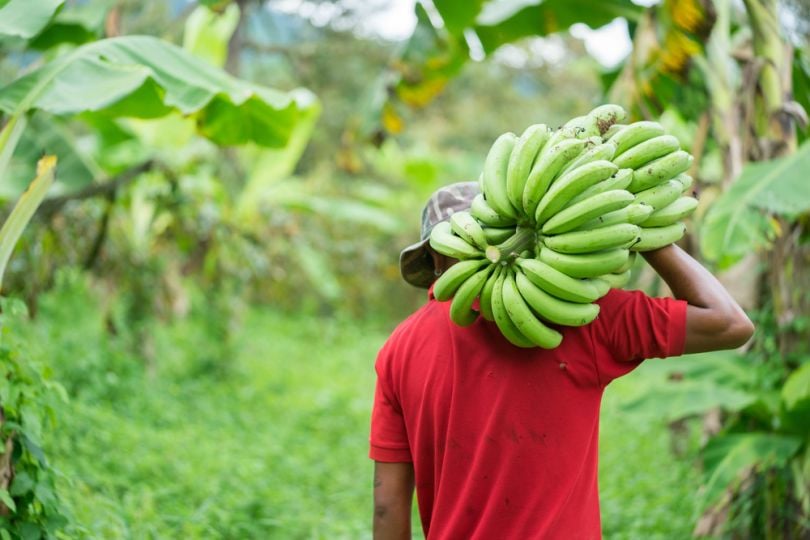
Big data is helping nutritionists and research scientists such as Dr. Mercy Lung’aho predict and prevent global malnutrition, reports Food Tank. She and her team are working with the International Center for Tropical Agriculture (CIAT) to develop a Nutrition Early Warning System (NEWS).
“If Google can do driverless cars, and we can tell a coffeemaker to start brewing while we’re still asleep,” said Lung’aho to Food Tank, “we can do something about malnutrition.”
As Food Tank relates, this cause is personal for Lung’aho. She was born anemic and underweight due to effects of malnutrition, a disease affecting one in nine people worldwide and one in four people in Sub-Saharan Africa.
NEWS makes use of machine learning to gather and analyze food and nutrition-related data from sub-Saharan Africa. Algorithms then use this information to find patterns and trends such as climate shocks or economic strife that could trigger nutrition threats, enabling proactive measures from organizations.
The CGIAR Platform for Big Data in Agriculture has made NEWS and other projects possible. Teaming up for the initiative are the African Development Bank (AfDB) and CGIAR research partner CIAT, which focuses on driving eco-efficient agriculture to improve tropical health.
“Big Data provides the means to create a warning system that can regenerate itself by using data, rather than reacting to random events like famine and climate change. I want to know the rain is coming before it starts falling.”
“Big Data provides the means to create a warning system that can regenerate itself by using data, rather than reacting to random events like famine and climate change,” Lung’aho described to Food Tank. “I want to know the rain is coming before it starts falling.”
“Can we use AI and machine learning as a means to solve real-world problems?” Fridah Nyakundi, a Biometrician and Data Scientist with CIAT, asked Food Tank. “I’m really looking forward to the answer to that question.”
The NEWS pilot phase will include nine countries: Botswana, Kenya, Malawi, Mali, Nigeria, Rwanda, Senegal, South Sudan, and Zimbabwe.
“Big Data is the future,” Nyakundi told Food Tank. “It is a platform for the unification of agrodata that is currently in pieces.”



